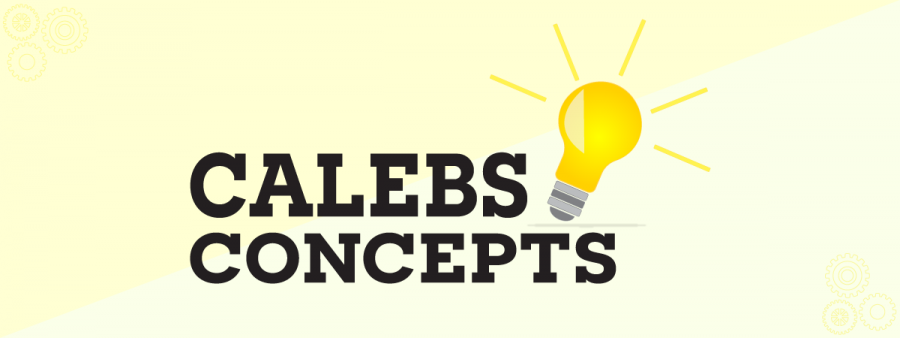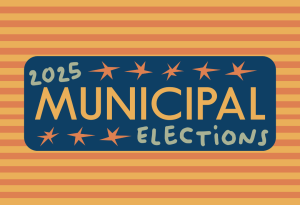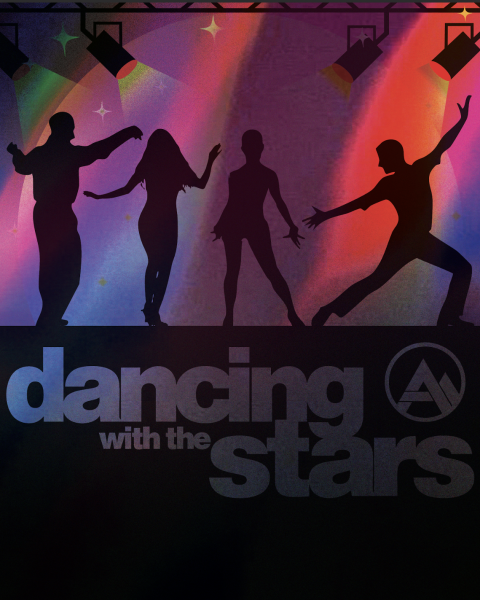Caleb’s Concepts: The Media is biased. Don’t worry, it isn’t a problem
April 2, 2020
All forms of media are biased. This isn’t a well-guarded secret because most people are aware that certain outlets cater to different segments. While this outwardly appears dishonest, it balances itself out.
But, before we explain why the media is biased, we must first define what the media is. The media is an entity that is defined by certain channels that aims to share stories. In the United States, media answers to consumers that influence which events get covered. While there exists other regulations, consumers ultimately have the greatest say because the outlet value is determined by consumer subjectivity.
Take, for instance, The Watauga Democrat. This local newspaper covers events that impact people within the Watauga community. Their publishing power relies exclusively on the subjective value that consumers assign reported stories. For-profit newspapers must keep their customers satisfied to remain in business.
This becomes an issue when dealing with corporate media. For better or worse, the media market is fractured in the U.S. because Americans have a diverse set of values and stories that people share. This vast diversity makes it impossible for a single media entity to address everybody’s truth. Therefore, different media outlets address these diverse opinions.
For example, Fox News appeals to people who share a conservative inclination, while MSNBC caters to a progressive audience. Naturally, the consumers of these media outlets perceive their ideological opponents as biased and misinformed. However, these channels frame stories for their target audience to consume.
Progressives hate dissenting opinions because they don’t agree with their liberal sensibilities, while conservatives despise progressive stories because it doesn’t agree with their traditional opinions. This culminates in both; progressives and conservatives become branded customers to their respective channels, which will never equally represent dissenting voices. Why? Because it isn’t profitable to do so.
Take MSNBC’s decision to hire Megyn Kelly from Fox News. MSNBC lost a significant chunk of cash because Kelly is too conservative for MSNBC’s audience.
For the foreseeable future, news outlets will continue to report stories biased toward their audience’s political beliefs. This is unavoidable, even if there was a hypothetical outlet that had a proportionate amount of conservative and progressive authors and audience. Why? The authors will frame their story to appeal to their beliefs, and the segment of the audience that shares their beliefs will consume it. Therefore, it is impossible to completely escape bias within the media.
So far, I have exclusively discussed how media sources are biased without directly addressing the causes of this problem: consumers. We continue to consume media that will continue to report tainted information, unless we change our behavior. The media answers to us; for without consumers, there is no profit. In the words of Nietzsche, “Truth doesn’t exist. Rather, there are truths.” Free-market media capitalizes on this theory by selling different truths to different people.













